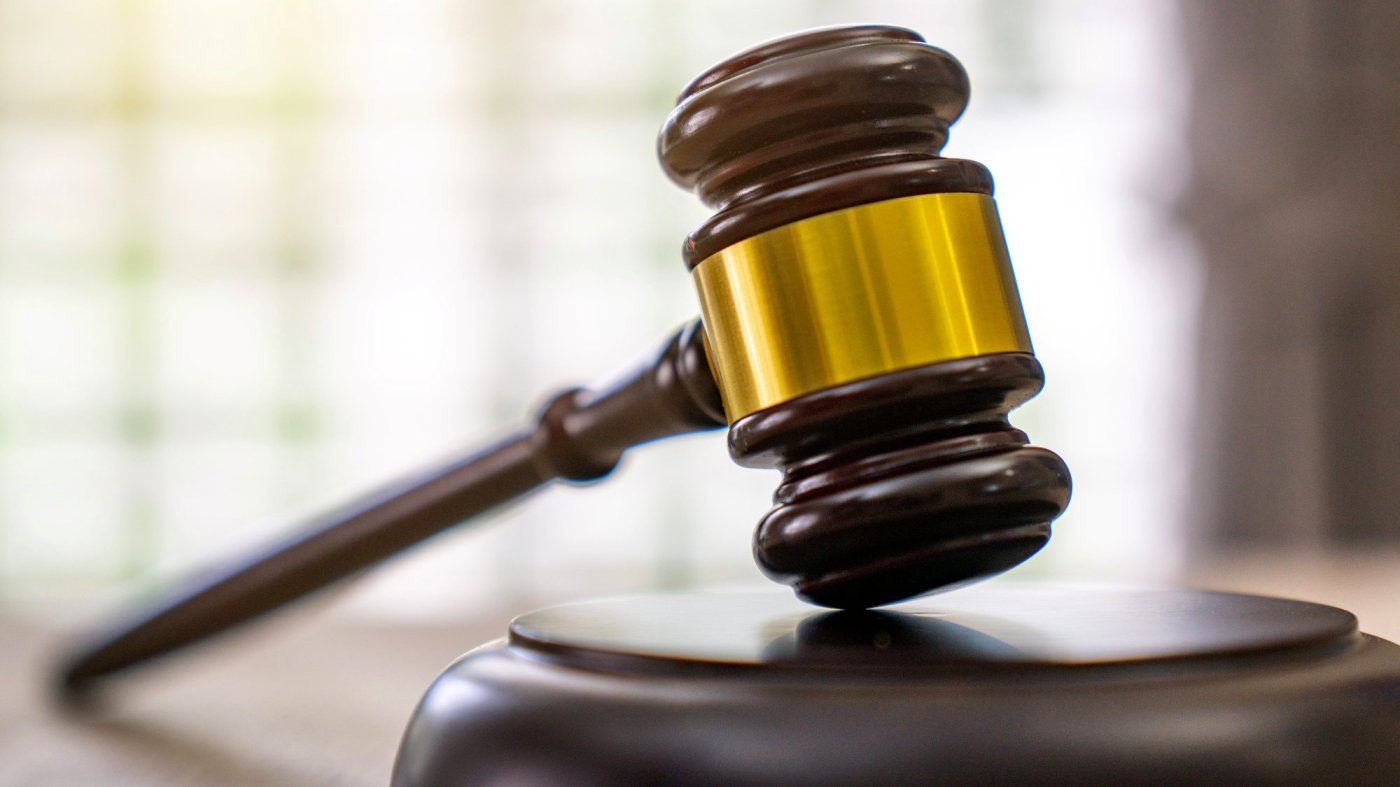World
Biologist Challenges Dismissal Over First Amendment Rights in Court

In a significant legal case regarding First Amendment rights, biologist Brittney Brown has filed a lawsuit against the Florida Fish and Wildlife Conservation Commission following her termination. Brown was dismissed on September 15, 2023, five days after reposting a controversial social media statement related to the assassination of conservative figure Charlie Kirk.
During a court hearing in Tallahassee, attorneys representing Brown argued that her firing violated her rights to free speech. Brown, previously engaged in research on shorebirds and seabirds near Tyndall Air Force Base, contends that her dismissal was unwarranted and retaliatory.
Contentious Social Media Post Sparks Legal Battle
The controversy centers around a post made on Brown’s personal Instagram account, where she shared a statement from the account “@whalefact“. The post read, “the whales are deeply saddened to learn of the shooting of Charlie Kirk, haha just kidding, they care exactly as much as Charlie Kirk cared about children being shot in their classrooms, which is to say, not at all.” Following this, Brown faced significant backlash, including what her attorneys described as “hundreds of complaints” about her post.
Attorneys for the Florida Fish and Wildlife Conservation Commission, including Executive Director Roger Young and division director Melissa Tucker, defended the agency’s actions, claiming the termination was necessary to prevent disruption, reputational harm, and a loss of public trust. In court, Taylor Greene, representing the agency, argued that allowing Brown to remain employed would undermine its credibility and effectiveness.
During the proceedings, U.S. District Judge Mark Walker expressed concerns regarding whether Brown’s repost constituted a form of protected speech. Walker questioned the state’s position, stating, “Just because something’s inappropriate or controversial, how is it not covered by the First Amendment?”
Legal Implications and Broader Context
Brown’s attorney, Gary Edinger, emphasized that her repost was a private expression on a matter of public concern, highlighting the ongoing national debate surrounding gun control. Edinger asserted that the response to Brown’s post was part of a broader discourse, not just a reactive measure to public outcry.
Judge Walker noted that the case raises critical questions about the extent to which public employees can be held accountable for their personal communications. He pointed out the timeline of events, which indicated that Brown’s firing followed shortly after her post was highlighted by the conservative account Libs of TikTok, which called for her termination.
“You don’t get to fire somebody just because the public is yapping at you,” Walker remarked, although he also acknowledged that public employees do not possess an absolute right to employment.
State attorneys maintained that the concept of a “heckler’s veto” did not apply in this case, arguing that the First Amendment does not provide blanket protection for speech that could undermine the effectiveness of government agencies. They claimed that the agency’s interests in maintaining credibility outweighed Brown’s expressive rights.
In a brief filed shortly before the hearing, Brown’s legal team contended that her comments represented civic commentary on a significant issue. They argued that the legacy of Charlie Kirk remains a contentious topic, particularly in light of ongoing legislative discussions in Florida regarding gun violence.
While Judge Walker did not issue an immediate ruling, he indicated a desire to expedite the proceedings. This case is part of a broader trend where various agencies and institutions have reacted against critics of Kirk following his assassination, as reported by Edinger.
After the hearing, Edinger noted that he had been approached by other public employees facing similar repercussions for expressing negative opinions about Kirk. He characterized these responses as unprecedented and “extremely unusual.” Despite the challenges ahead, he remains hopeful for a ruling in favor of Brown, suggesting it could affirm the importance of free speech in a democratic society.
-

 Politics2 weeks ago
Politics2 weeks agoHamas Chief Stresses Disarmament Tied to Occupation’s End
-

 Science2 weeks ago
Science2 weeks agoOhio State Study Uncovers Brain Connectivity and Function Links
-

 Entertainment2 weeks ago
Entertainment2 weeks agoMegan Thee Stallion Exposes Alleged Online Attack by Bots
-

 Science4 weeks ago
Science4 weeks agoResearchers Challenge 200-Year-Old Physics Principle with Atomic Engines
-

 Entertainment2 weeks ago
Entertainment2 weeks agoPaloma Elsesser Shines at LA Event with Iconic Slicked-Back Bun
-

 Top Stories2 weeks ago
Top Stories2 weeks agoFederal Agents Detain Driver in Addison; Protests Erupt Immediately
-

 Business2 weeks ago
Business2 weeks agoHome Depot Slashes Prices on Halloween Favorites Up to 75%
-

 Business2 weeks ago
Business2 weeks agoMotley Fool Wealth Management Reduces Medtronic Holdings by 14.7%
-

 Top Stories2 weeks ago
Top Stories2 weeks agoOrioles Hire Craig Albernaz as New Manager Amid Rebuild
-

 Entertainment2 weeks ago
Entertainment2 weeks agoSyracuse Stage Delivers Lively Adaptation of ‘The 39 Steps’
-

 Top Stories2 weeks ago
Top Stories2 weeks agoWill Smith Powers Dodgers to World Series Tie with Key Homer
-

 World4 weeks ago
World4 weeks agoGlobal Military Spending: Air Forces Ranked by Budget and Capability









